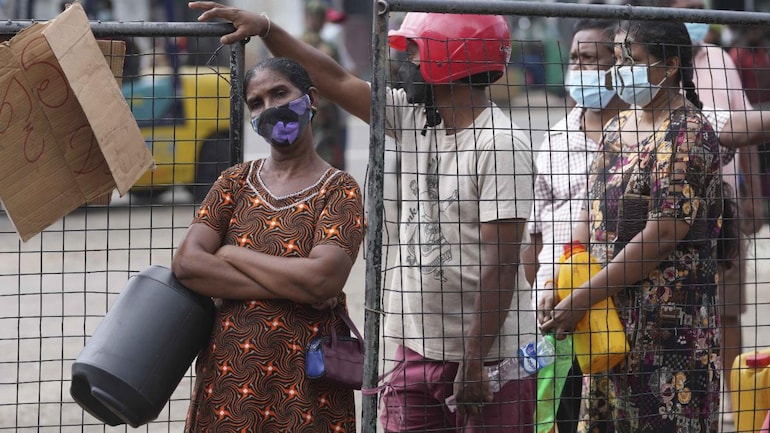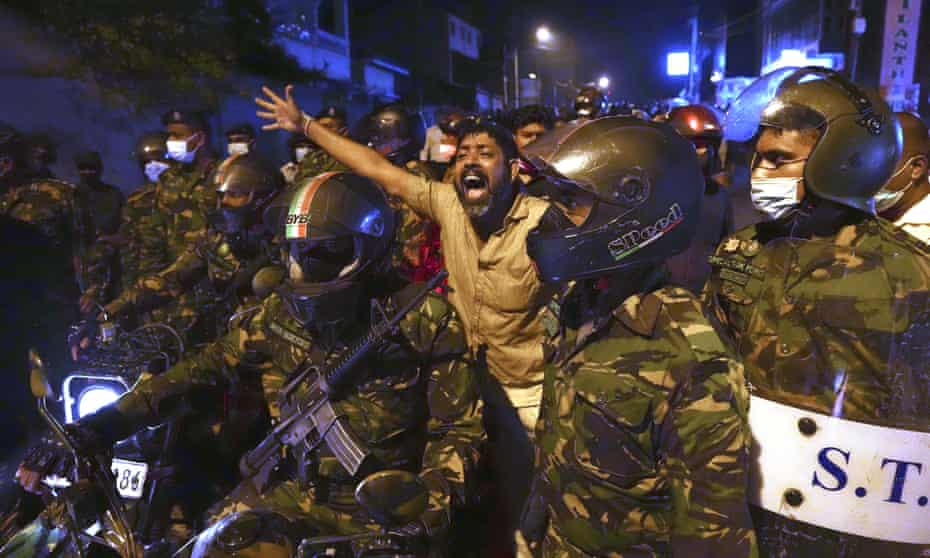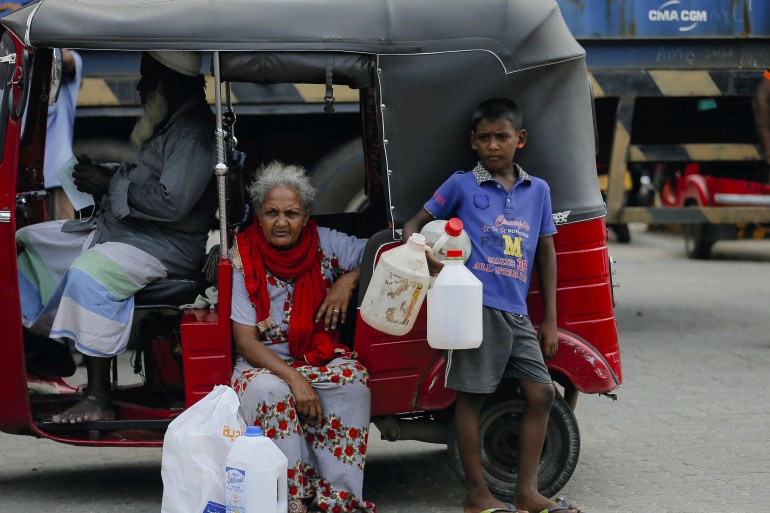Deaglán de Bréadún
INDEPENDENT.IE
April 03 2022
Among the vast number of casualties resulting from the Russian invasion of Ukraine, the death of Pierre Zakrzewski (pronounced “Zakshefski”) at the age of 55 years had a special impact in Ireland and internationally, not least in media circles. His life came to a tragic and violent end on March 14 while he was covering the conflict as a Fox News cameraman.
Both himself and 24-year-old Ukrainian journalist and producer Oleksandra “Sasha” Kuvshynova were killed and reporter Benjamin Hall was seriously wounded. The vehicle in which they were travelling was reported to have been attacked by Russian artillery at the village of Horenka, 30km from Kyiv.
Pierre had dual Irish-French citizenship and, shortly after his death, an official statement issued in France said that a war-crime investigation into the incident would be taking place. Anti-terror prosecutors are to investigate potential charges of causing “deliberate harm to a person protected by international law” and a “deliberate attack against a civilian who was not taking part in hostilities”. It is common practice for the French authorities to initiate cases following the deaths of their citizens under violent circumstances overseas.
France’s foreign minister Jean-Yves Le Drian, in a message of condolences to Pierre’s family two days after his death, said “armed forces have an obligation to protect journalists in accordance with international humanitarian law”. A similar view was expressed by President Michael D Higgins, who said in a statement: “The indiscriminate killing of civilians, including journalists, must be brought to an end.”
Born on August 15, 1966, in Paris, Pierre Zakrzewski was the second-eldest of four boys and two girls. His mother Marie-Ange is from France and his father Andrzej, who died in 1999, was from Poland. Andrzej had left his native country for Scotland during World War II and later moved to Dublin where he studied architecture at University College Dublin and went on to work in that field. They met in the mid-1960s when Marie-Ange was working in Ireland as an au pair and teacher of French. The couple lived in Leopardstown Road, Dublin, with their six children in a house designed by Andrzej himself.
Pierre attended St Conleth’s College in Ballsbridge in the city, as did his three brothers, and he went on to become an arts student at University College Dublin (UCD) for a time. He was already travelling abroad with his camera when he decided to acquire a formal qualification and enrolled in a course on television and audio operations at Ballyfermot College of Further Education. His former teacher John Moriarty remembers him as a keen and fun-loving mature student who embarked on a successful career in TV journalism from the moment he graduated.
Writing about his career in the St Conleth’s school yearbook of 2004, Zakrzewski said: “It’s difficult to explain the attraction to this way of life, but when you experience the emotional roller-coaster of war, both positive and negative, as a cameraman I feel I have a duty to tell their story.”
St Conleth’s has published a photograph on its website of Pierre with his final-year class of 1984 and a statement expressing “great sadness” at his tragic passing. Under the heading, ‘Pierre Zakrzewski: Our Man in Kabul, Syria, Kashmir, Leopardstown, Caracas, Baghdad, Sudan, Liberia, Kyiv’, the website goes on to recall how he would sometimes turn up in person for informal class reunions at Christmas but, on other occasions, could only make contact by phone from some risky trouble-spot that he was covering as part of his job.
A friend and former classmate of Pierre’s at St Conleth’s, Stephen O’Dea, told Newstalk Breakfast: “He was always fun, always driven. He was intrepid. When he left school he wanted to go travelling and to climb Mount Everest and he did that.” He told how when other climbers got into distress Pierre went out of his way to help them: “That’s the kind of guy he was. He would prioritise other people.”
As recently as last December, Zakrzewski received the Fox News “Unsung Hero” award for his role in assisting Afghan freelancers and their families to leave their native country during the US troop withdrawal from Afghanistan. For the last 15 years his home-base was London with his wife Michelle, a journalist with the BBC.
In a vivid and eloquent online tribute published on St Patrick’s Day, Fox News senior correspondent Greg Palkot describes what it was like working with Pierre: “He saved my own life on many occasions. Now he’s gone and the world is poorer for it.” Zakrzewski, or “Zak” as his colleagues called him, had died “doing what he loved to do most: chasing a story”.
“So many people in the media will remember how he helped them in the field, selflessly, and earned friendship upon friendship. And he was a dear friend. We’d fight like cats and dogs over some angle of a story one moment. And the next moment we’d be rocking out to the Rolling Stones, our favourite band.
“We worked together for over 20 years. He got incredible video in story after story we’d cover: Iraq, Afghanistan, Syria, the Mideast, the DMZ [between North and South Korea], riots in Hong Kong, Paris terror, Asian earthquakes.
“He saved my own life on many occasions. We were embedded in the lead Marine company in the battle of Fallujah in Iraq in 2004. Three Marines were killed, 18 injured, just in our unit. He had my back.”
The tribute continues: “We’ve dodged bricks and bats and paving stones and stinging tear gas in riot after riot from Hong Kong to Athens to Paris. He always knew which way to turn and get the best pictures.”
A French author wanted to compile an illustrated book about Pierre’s colourful life. The fatal incident outside Kyiv was not the first time he had come close to death, and colleagues said he was “like a cat with nine lives”. His friend Greg comments: “Tragically, this week, those lives ran out.”
The pair of them attended the Rolling Stones 50th anniversary concert in London, and Palkot writes: “Just the other day, I saw the group planned a 60th-anniversary concert in Hyde Park this summer. I was all set to get another round of tickets.”
Speaking at the funeral, which was attended by Minister for Defence and Foreign Affairs Simon Coveney, Zakrzewski’s colleague Tim Santhouse said Pierre had gone out of his way to assist those affected by the US withdrawal from Afghanistan: “He was helping hundreds of terrified Afghans to get out of the country and into safety.”
In his homily, Fr Kieran Dunne said Pierre was “capable of vision, innovative in his work and in the world, a truth-teller, full of empathy, generous of heart”.
Pierre Zakrzewski is survived by his loving wife Michelle (née Husson), mother Marie-Ange, his sisters Zosia and Karola, brothers Stas, Greg and Nick, his nieces and nephews Clara, Lucie, Louise, Zoe, Juliette, Jake, Lola, Florence, Anna, Braedyn and Grayson, “to whom he gave so much time and brought nothing but fun, joy and laughter”; along with other relatives, in-laws, colleagues and friends at home and abroad.
His funeral Mass took place at the Church of Our Lady of Perpetual Succour in Foxrock, Co Dublin, last Tuesday. A video of the ceremony is available via the church website at
foxrockparishchallenges.com/home/webcam/
 Cassandra Cooksey undergoes a ketamine treatment at Nushama in New York. photos: VICTOR LLORENTE/nyt
Cassandra Cooksey undergoes a ketamine treatment at Nushama in New York. photos: VICTOR LLORENTE/nyt














